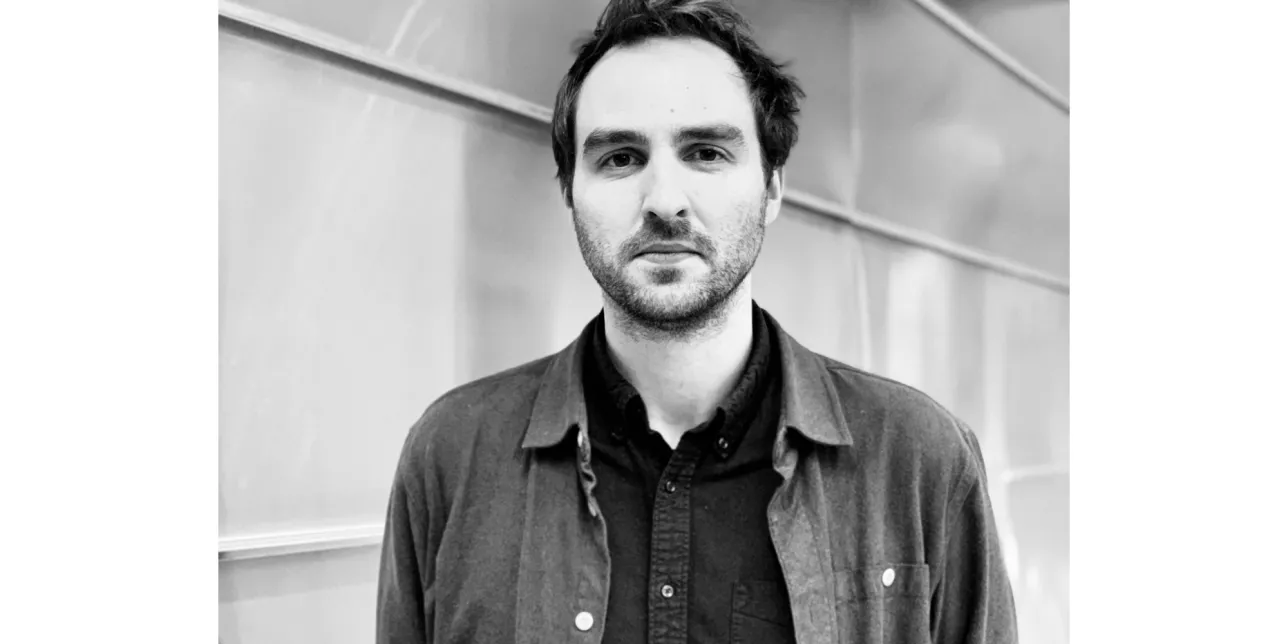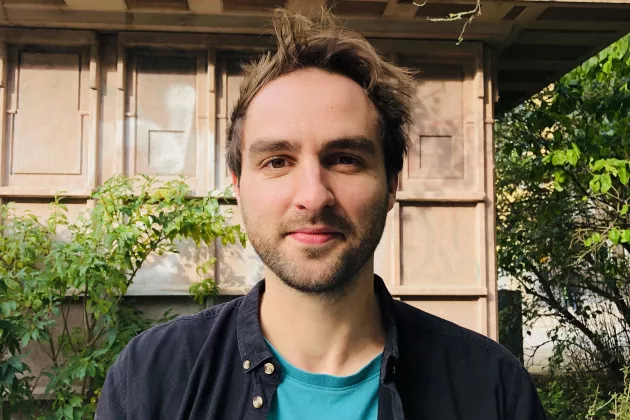Motivated by fundamental questions about mechanisms underpinning human disease, Christopher Douse’s research interests have gradually shifted from the natural sciences to the life sciences and medicine.
“Over time, I moved from chemistry to the field of molecular medicine and epigenetics. I found that while I enjoyed chemistry and the theory behind it when it came to putting it into practice and research, I was much more motivated to work with applications within health and disease,” noted Christopher Douse, principal investigator and researcher at Lund University.
Originally from London, Christopher Douse began his research journey at Oxford, where he received an undergraduate degree in chemistry before going on to do a Ph.D. in protein biochemistry at Imperial College and a postdoctoral fellowship in chromatin biology at the Laboratory of Molecular Biology in Cambridge. In early 2020, following a Brexit-inspired move to Malmö, Sweden, Christopher joined the Jakobsson Research Group as a Senior Researcher before establishing his research group, Epigenetics and Chromatin Dynamics, within the section of Neurobiology at Lund University.
Research within the newly founded group seeks to explore the epigenetic control of repetitive elements in models of human brain development. More than half of the human genome is repetitive, either in that the DNA sequence repeats itself or that many copies of the element are spread around the genome. Limitations in sequencing technologies have left this fraction of our DNA overlooked in functional studies: so-called ‘genomic dark matter’.
”Our research is driven by two converging clinical associations. On the one hand, we are interested in repetitive elements, which have strong genetic associations with neurological disorders."
"On the other hand, many epigenetic and chromatin regulators – factors that control the expression and dynamics of those repetitive sequences – are mutated in patients with neurodevelopmental disorders. Nonetheless there are very few mechanistic studies that seek to understand what is happening at the molecular level in relevant cell types” explained Christopher.
Epigenetics is a mechanism by which a cell can control its fate via changes to chromatin structure, making it important to understand when it comes to stem cells and their ability to form different cell types. With several groups at the Lund Stem Cell Center also interested in better understanding epigenetic mechanisms, Christopher Douse and his team look forward to future scientific interactions and forging new collaborations. As new members of our scientific community, they also hope to contribute to strengthening the chromatin and epigenetics research ongoing at the Center.
“As a group we are already collaborating with other researchers at the Center and looking forward to new collaborations to come. For me personally, I am also keen to get involved in the research school and helping people - especially junior researchers - find their path forward,” concluded Christopher.
Warm welcome, Christopher Douse and the Epigenetics and Chromatin Dynamics group to Lund Stem Cell Center!




